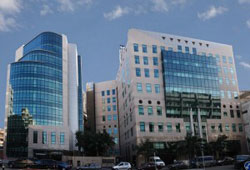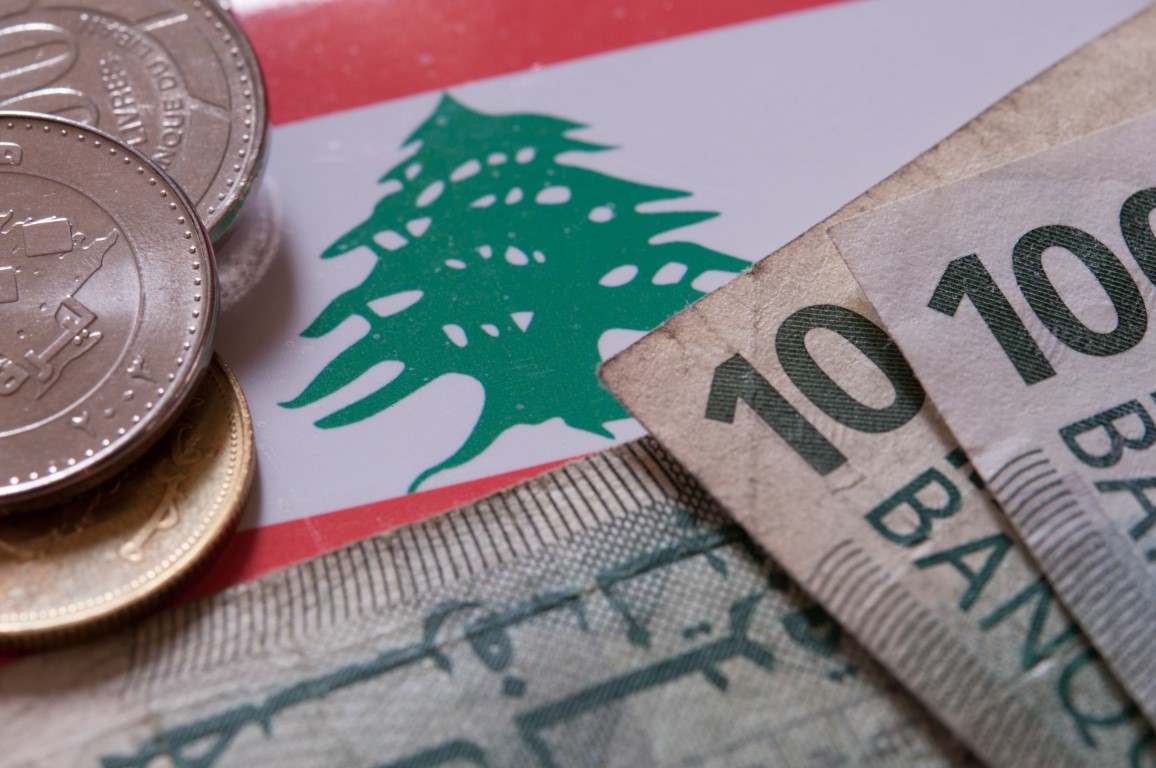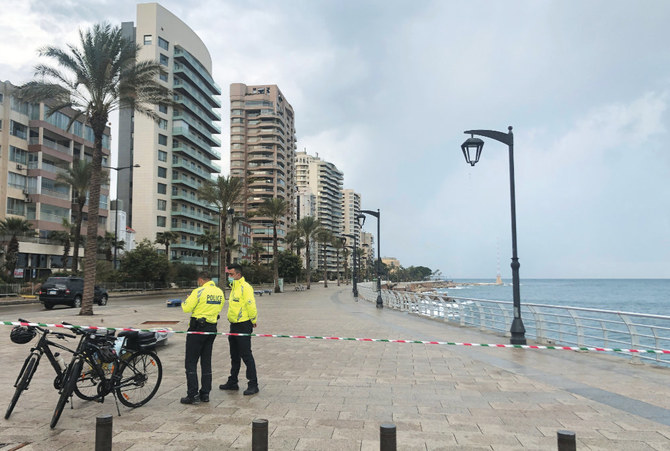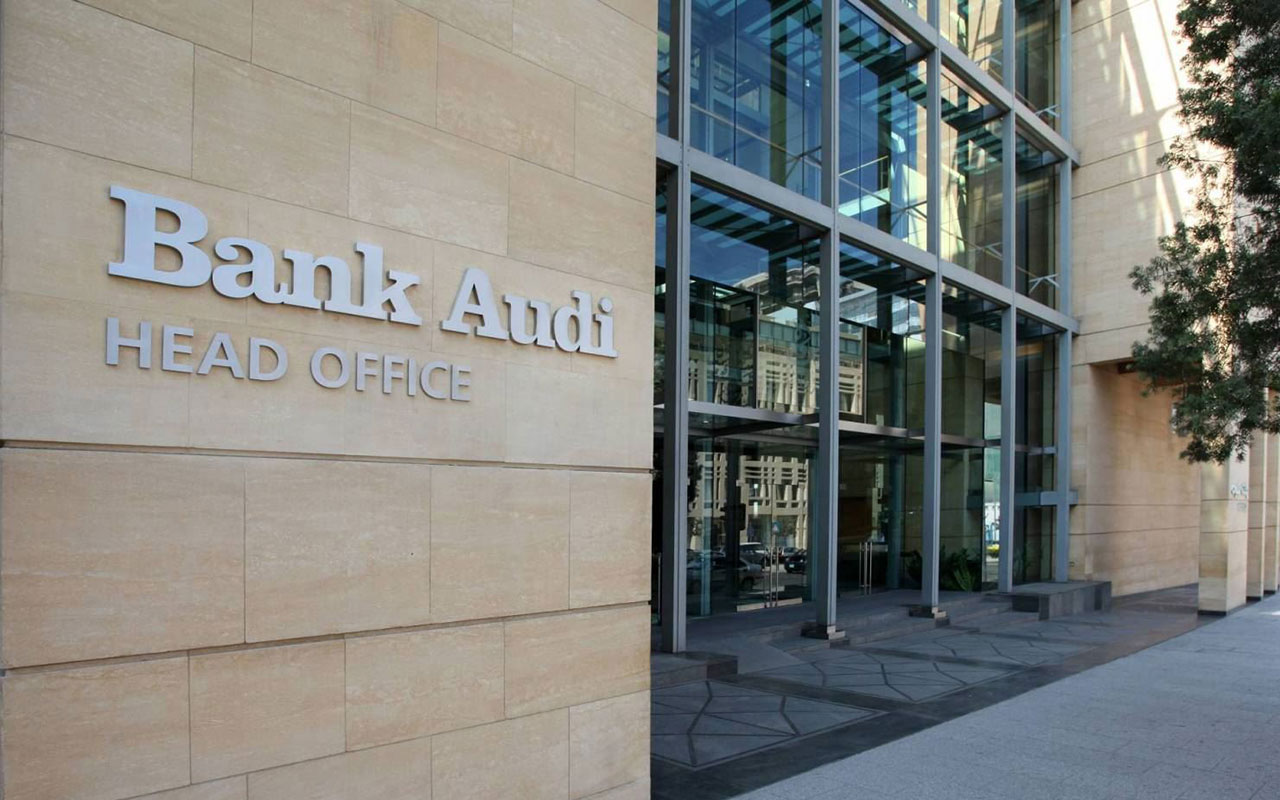
by reuters & Tass– Interpol has put three men on the wanted list. Two Russian citizens and one Portuguese are suspected in delivering explosives to the docks of Beirut; the materials were stored there for six years begore going off in August 2020. That explosion killed 200 people, thousands were wounded, and the city suffered huge damage. 7news.com reported that on January 12. According to the outlet, “Interpol-issued Red Notices were for the owner and captain of the Rhosus, the ship that carried the 2750 tonnes of ammonium nitrate to Lebanon in 2013, as well as a Portuguese nitrate trader who visited the port’s warehouse in Beirut in 2014 where the material was stored”.
Boris Prokoshev, the captain of the Rhosus, the ship that delivered 2,700 tonnes ammonium nitrate to the port of Beirut in 2013, claimed that he does not consider himself responsible for the Beirut explosion and will defend himself. Previously, Watania News reported that the Lebanese authorities officially applied for an international arrest warrant from Interpol against two Russians – the owner and the captain of Rhosus. On Tuesday, Interpol issued the warrant. According to Watania, the red corner notification was issue in response to the application of the Prosecutor General of Lebanon. “I have received no papers yet; it is unpleasant news, of course, and I do not know what to do right now. I will observe the development of the situation and will defend myself on my own: I do not have money for lawyers, of course, I live on my pension. I do not consider myself guilty,” Prokoshev told TASS.
The Red Notice is the request to law enforcers all over the world, which is supposed to speed up the search and temporarily arrest the culprit. It’s not the arrest warrant, and the government is not required to arrest the wanted suspect. Lebanon’s state prosecutor Ghassan Khoury was the one who asked the Interpol to issue the Red Notices. Related: 137 people died in Beirut’s explosion; French, American citizens among victims According to local media, the trio of suspects were “the vessel’s former captain Boris Prokoshev and Igor Grechushkin, a Russian businessman residing in Cyprus who had bought the cargo ship in 2012. The Portuguese man was identified as Jorge Manuel Mirra Neto Moreira”.









